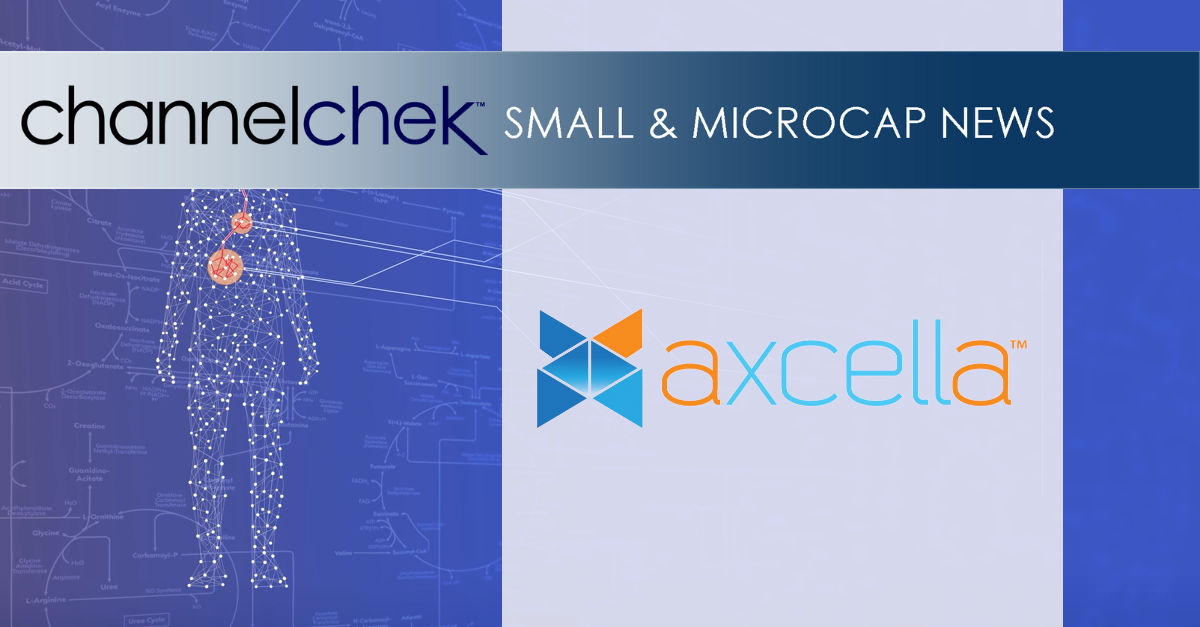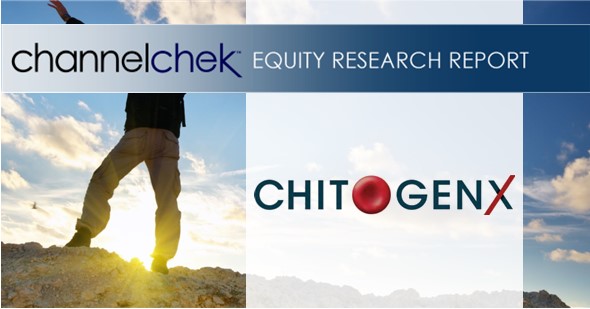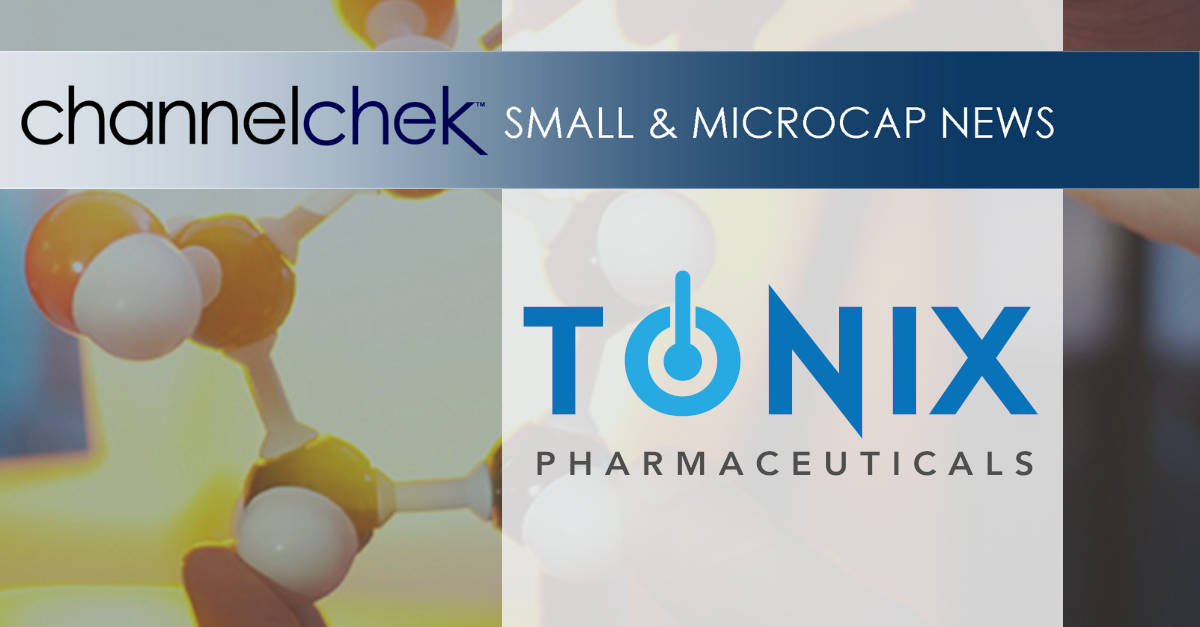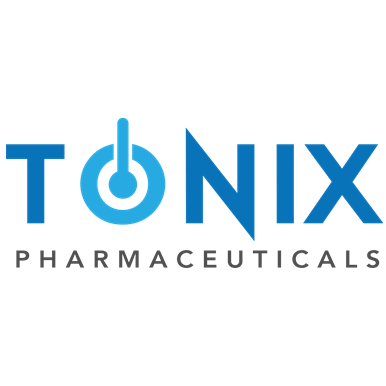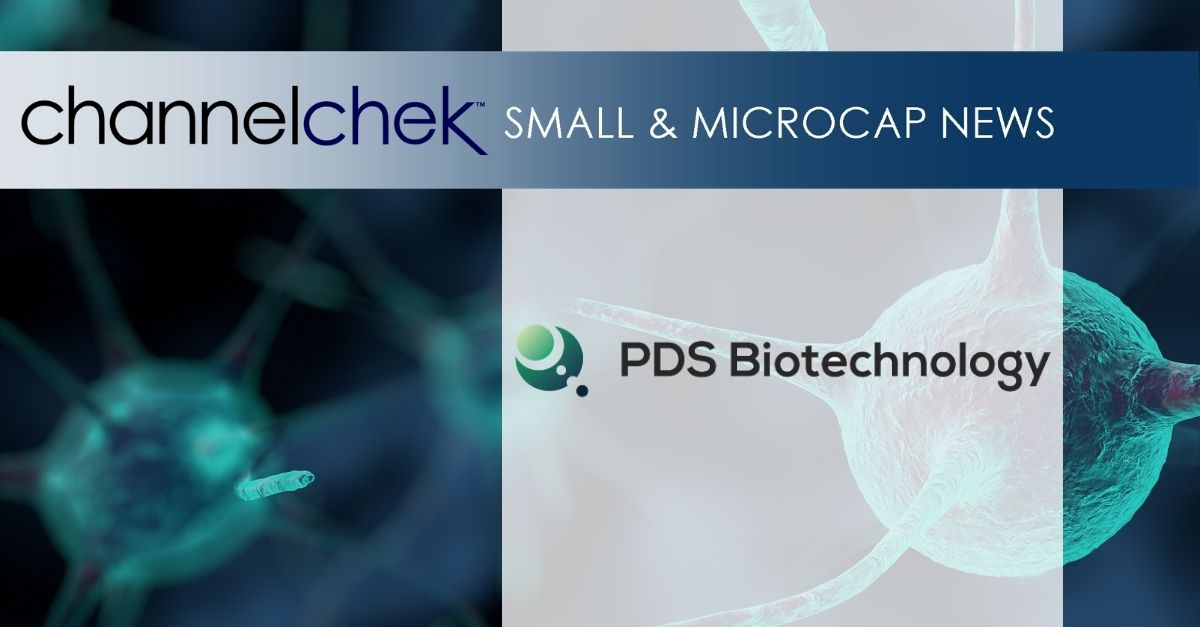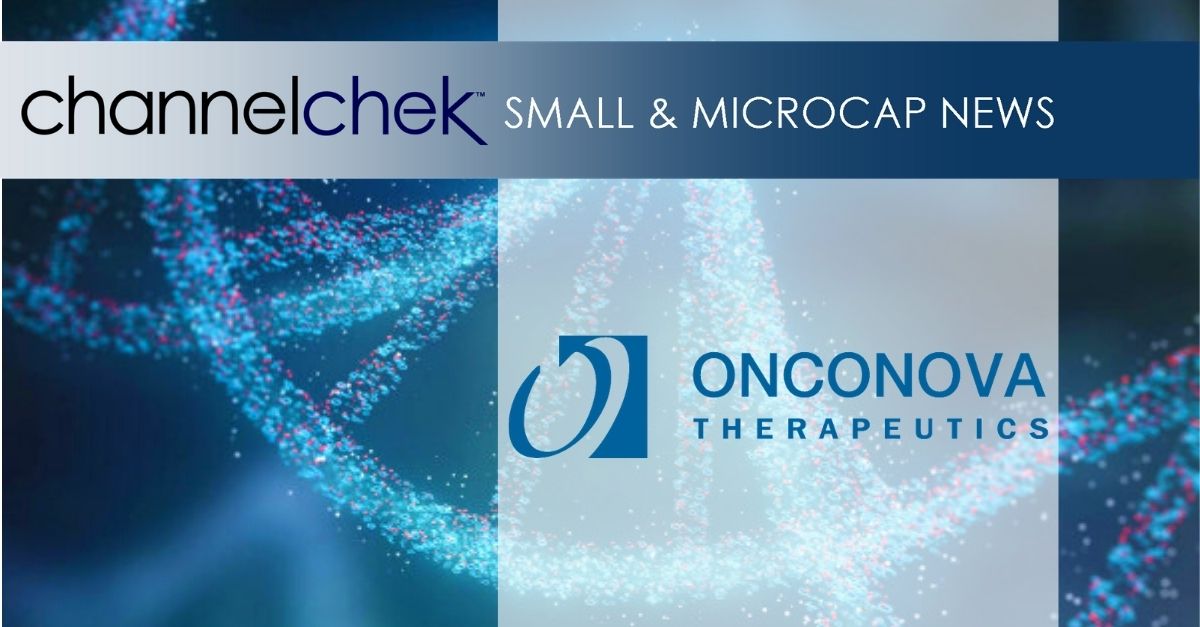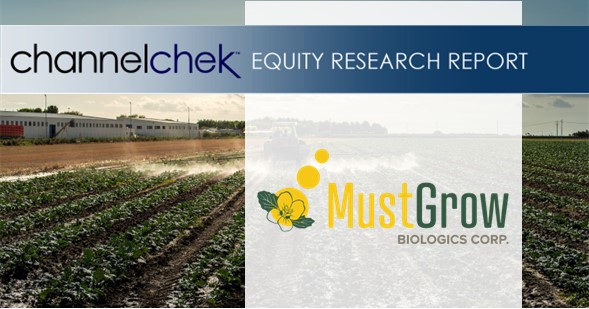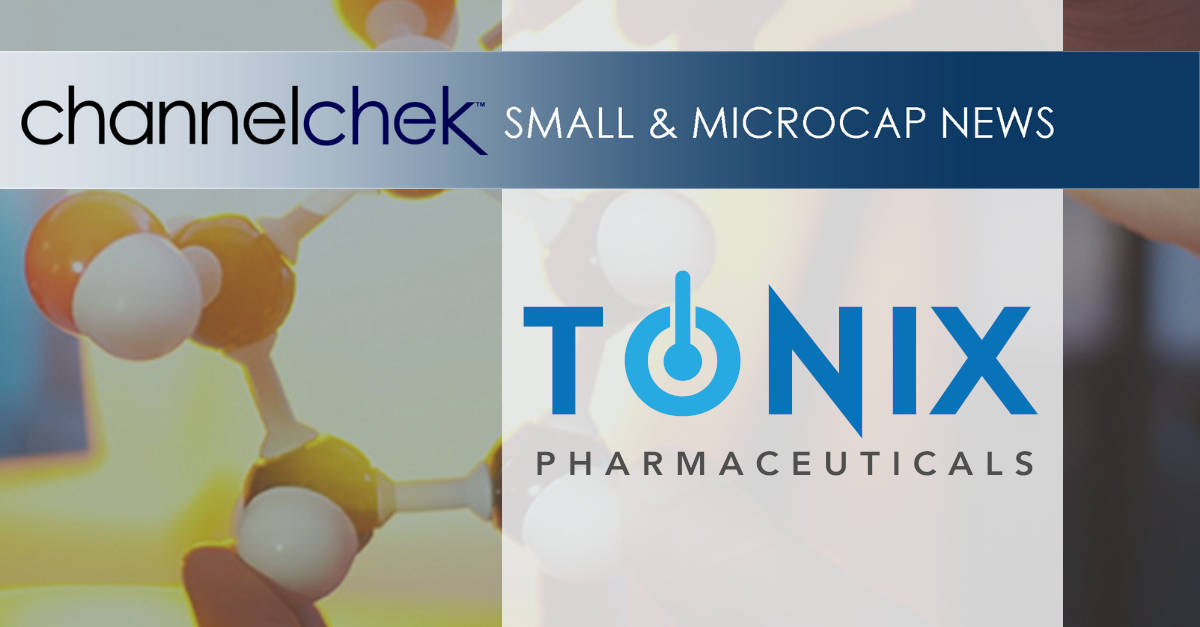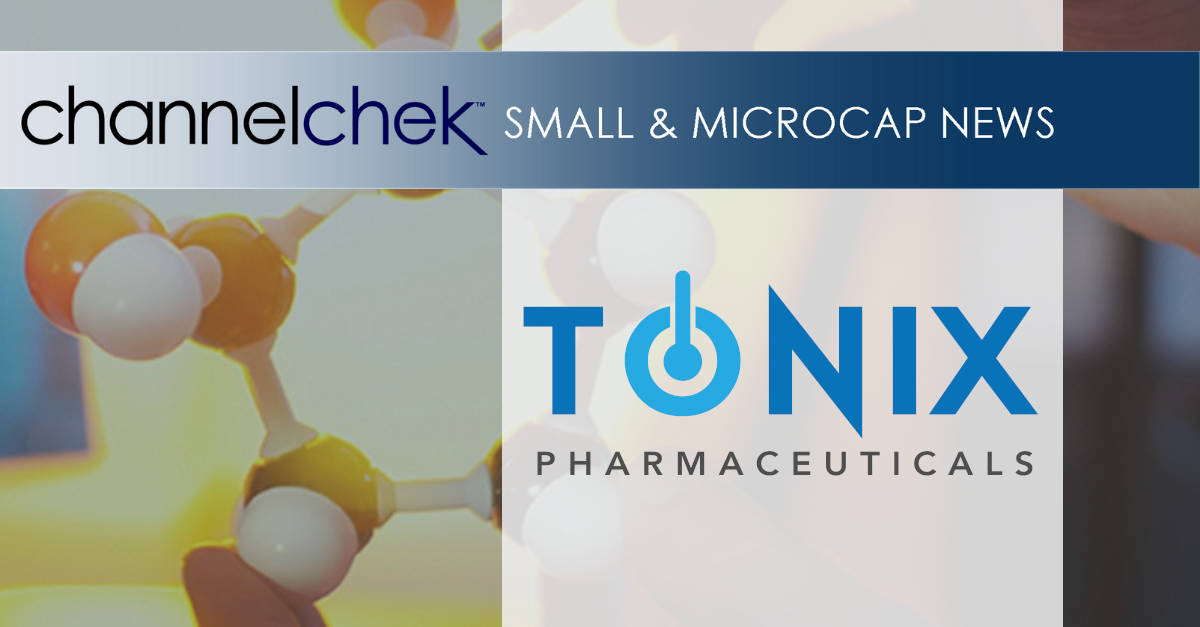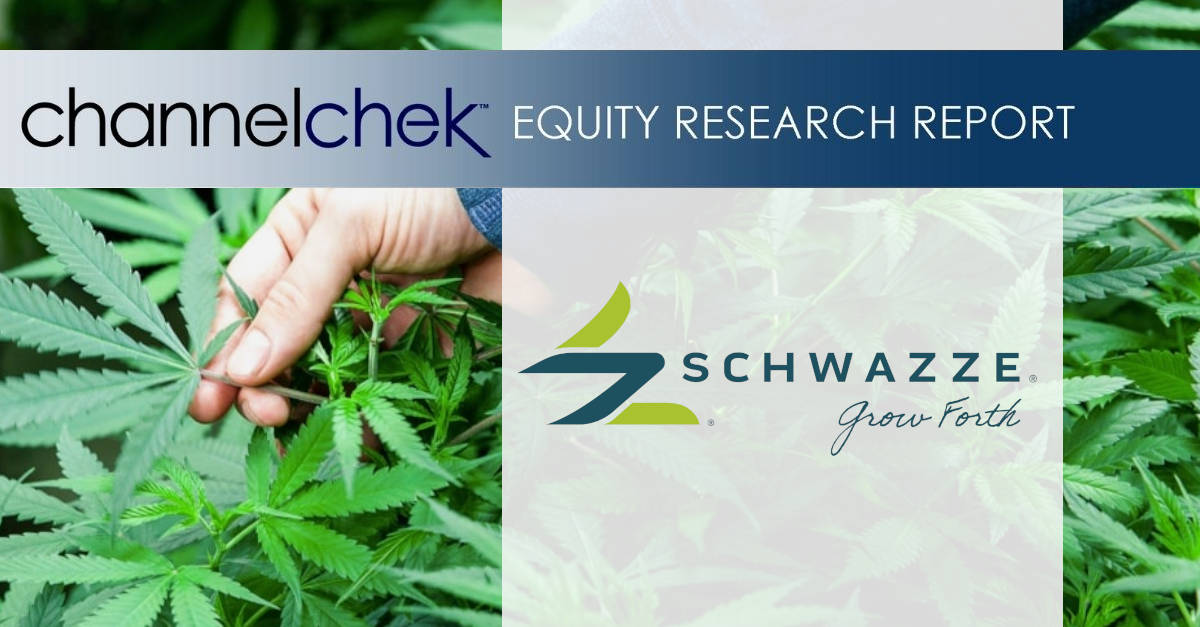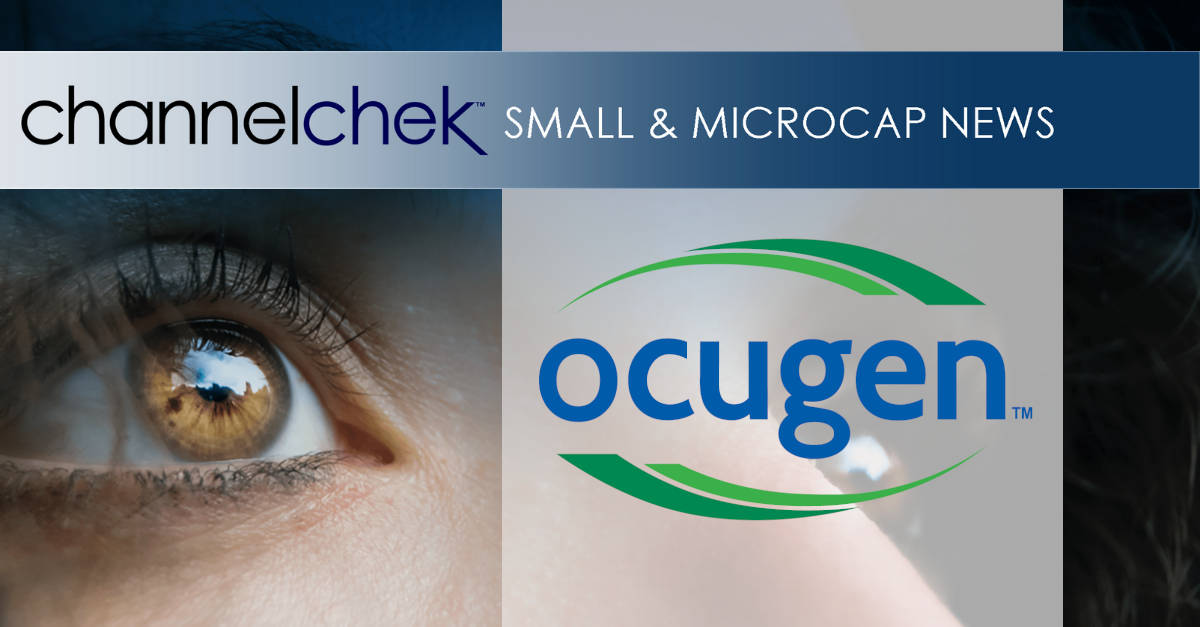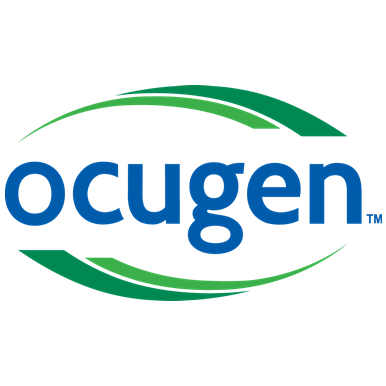Research News and Market Data on TNXP
February 06, 2023 7:00am EST
Results from Planned Interim Analysis Expected Fourth Quarter 2023
Approximately Four Million in U.S. Suffer from Chronic Migraine
Development of TNX-1900 Also Planned for Treatment of Episodic Migraine
CHATHAM, N.J., Feb. 06, 2023 (GLOBE NEWSWIRE) — Tonix Pharmaceuticals Holding Corp. (Nasdaq: TNXP) (Tonix or the Company), a clinical-stage biopharmaceutical company, today announced that the first participant was enrolled in the Phase 2 ‘PREVENTION’ study of TNX-1900 (intranasal potentiated oxytocin) for the prevention of migraine headache in chronic migraineurs.
The double-blind, placebo-controlled study has a target enrollment of 300 participants at approximately 25 sites across the U.S. Results from a planned interim analysis are expected to be released in the fourth quarter of 2023.
“Despite several classes of migraine preventatives available, there remains an unmet need for novel approaches with an estimated four million individuals in the United States suffering from chronic migraine, often a seriously disabling condition,” said Seth Lederman, M.D., Chief Executive Officer of Tonix Pharmaceuticals. “TNX-1900 has a unique, multimodal mechanism of action, that includes an ability to inhibit the release of the trigeminal sensory neuropeptide calcitonin gene-related peptide (CGRP) in blood vessels within the brain, its lining and the brainstem, and to suppress signaling in pain neurons. We believe that by engaging and activating oxytocin receptors in the trigeminal ganglia, TNX-1900 has the potential to help those suffering from chronic migraine. TNX-1900 is a proprietary formulation of oxytocin that contains magnesium, which Tonix has shown in animal models potentiates the action of oxytocin at oxytocin receptors and potentially improves the consistency of treatment by reducing paradoxical high-dose inhibition.”
Shashidar Kori, M.D., former Chief Medical Officer of Trigemina and consultant to Tonix added, “After a decade of development and optimization of our proprietary oxytocin formulation, it is very gratifying and exciting to enter the next stage of testing required to make TNX-1900 available to unfortunate chronic migraine sufferers who have few treatment options. This has the potential to improve the quality of life of people suffering from chronic migraine.”
About the Phase 2 PREVENTION Study
The Phase 2 PREVENTION study is a double-blind, randomized, multicenter, placebo-controlled study to evaluate the efficacy and safety of TNX-1900 taken prophylactically on a daily basis to prevent chronic migraine. There are three arms: two treatment regimens of TNX-1900 and one placebo in a 1:1:1 ratio in a total of 300 participants across approximately 25 U.S. sites. After a four-week Run-In phase to confirm meeting chronic migraine criteria, there are 12-weeks of a double-blind Treatment phase with study drug, followed by a 2-week safety Follow-up phase. The primary efficacy endpoint is mean change in the number of migraine headache days between the 28-day Run-In phase and the last 28-days of the Treatment phase. Key secondary efficacy endpoints include proportion of patients experiencing a ≥ 50% reduction in the number of migraine headache days, mean change in the number of days using migraine abortive medications, and mean change in a migraine-specific quality of life measure. An interim analysis is expected to be completed after the first 50% of enrolled patients have completed the study for the purpose of potential sample size re-estimation, currently anticipated in the fourth quarter of 2023.
For more information, see ClinicalTrials.gov Identifier: NCT05679908
About Migraine
Migraine is a neurological condition that typically manifests in a throbbing moderate to severe headache which lasts at least four hours, often on one side of the head and aggravated by routine physical activity. It can also be accompanied by nausea, vomiting, visual disturbances, and sensitivity to bright light and loud noises1. Epidemiological studies indicate that globally, approximately 1.2 billion individuals suffer from migraines annually.2 In the U.S., approximately 39 million Americans suffer from migraines and among these individuals, approximately four million experience chronic migraines (15 or more headache days per month, at least eight of which are migraines).2 The current FDA approved drugs for migraine prevention in chronic migraine include Botox® (onabotulinumtoxin), and the anti-CGRP/CGRP-R monoclonal antibodies Aimovig® (erenumab), Vyepti® (eptinezumab), Ajovy® (fremanezumab) and Emgality® (galcanezumab).
About TNX-1900
TNX-1900 (intranasal potentiated oxytocin) is a proprietary formulation of oxytocin in development as a candidate for prevention of chronic migraine and other conditions. In 2020, TNX-1900 was acquired from Trigemina, Inc. who had licensed the technology underlying the composition and method from Stanford University. TNX-1900 is a drug-device combination product, based on an intranasal actuator device that delivers oxytocin into the nasal cavity. Oxytocin is a naturally occurring human peptide hormone that also acts as a neurotransmitter in the brain. Oxytocin has no recognized addiction potential. It has been observed that low oxytocin levels in the body are associated with increases in migraine headache frequency, and that increased oxytocin levels are associated with fewer migraine headaches. Certain other chronic pain conditions are also associated with decreased oxytocin levels. Migraine attacks are caused, in part, by the activity of pain-sensing trigeminal neurons which, when activated, release of calcitonin gene-related peptide (CGRP) which binds to receptors on other nerve cells and starts a cascade of events that is believed to result in headache. Oxytocin when delivered via the nasal route, concentrates in the trigeminal system3 resulting in binding of oxytocin to receptors on neurons in the trigeminal system, inhibiting the release of CGRP and transmission of pain signals returning from the site of CGRP release.4 Blocking CGRP release is a distinct mechanism compared with CGRP antagonist and anti-CGRP antibody drugs, which block the binding of CGRP to its receptor. With TNX-1900, the addition of magnesium to the oxytocin formulation enhances oxytocin receptor binding5 as well as its inhibitory effects on trigeminal neurons and resultant craniofacial analgesic effects, as demonstrated in animal models7. Intranasal oxytocin has been shown to be well tolerated in several clinical trials in both adults and children6. Targeted nasal delivery results in low systemic exposure and lower risk of non-nervous system, off-target effects, which could potentially occur with systemic CGRP antagonists such as anti-CGRP antibodies8. For example, CGRP has roles in dilating blood vessels in response to ischemia, including in the heart. The Company believes nasally targeted delivery of oxytocin could translate into selective blockade of CGRP release from neurons in the trigeminal ganglion and not throughout the body, which could be a potential safety advantage over systemic CGRP inhibition. In addition, daily dosing is more rapidly reversible, in contrast to monthly or quarterly dosing, as is the case with anti-CGRP antibodies, giving physicians and their patients greater control. In addition to chronic migraine, TNX-1900 will be developed for treatment of episodic migraine, binge eating disorder, craniofacial pain conditions, and insulin resistance. Tonix also has a license with the University of Geneva to use TNX-1900 for the treatment of insulin resistance and related conditions.
About TNX-2900
TNX-2900 is another intranasal potentiated oxytocin-based therapeutic candidate, being developed for the treatment of Prader-Willi syndrome, or PWS. The technology for TNX-2900 was licensed from the French National Institute of Health and Medical Research. PWS, an orphan condition, is a rare genetic disorder of failure to thrive in infancy, associated with uncontrolled appetite later in childhood.
1The International Classification of Headache Disorders, 3rd Edition. Cephalalgia. 2018. 38(1):1-211.
2Burch et al., Migraine: Epidemiology, Burden, and Comorbidity, Neurol Clin 37 (2019):631–649.
3Yeomans DC, et al. Transl Psychiatry. 2021. 11(1):388.
4Tzabazis A, et al. Cephalalgia. 2016. 36(10):943-50.
5Antoni FA and Chadio SE. Biochem J. 1989. 257(2):611-4.
6Yeomans, DC et al. 2017. US patent US2017368095
7Cai Q, et al., Psychiatry Clin Neurosci. 2018. 72(3):140-151.
8MaassenVanDenBrink A, et al. Trends Pharmacol Sci. 2016. 37(9):779-788
About Tonix Pharmaceuticals Holding Corp.*
Tonix is a clinical-stage biopharmaceutical company focused on discovering, licensing, acquiring and developing therapeutics to treat and prevent human disease and alleviate suffering. Tonix’s portfolio is composed of central nervous system (CNS), rare disease, immunology and infectious disease product candidates. Tonix’s CNS portfolio includes both small molecules and biologics to treat pain, neurologic, psychiatric and addiction conditions. Tonix’s lead CNS candidate, TNX-102 SL (cyclobenzaprine HCl sublingual tablet), is in mid-Phase 3 development for the management of fibromyalgia with a new Phase 3 study launched in the second quarter of 2022 and interim data expected in the second quarter of 2023. TNX-102 SL is also being developed to treat Long COVID, a chronic post-acute COVID-19 condition. Tonix initiated a Phase 2 study in Long COVID in the third quarter of 2022. TNX-1300 (cocaine esterase) is a biologic designed to treat cocaine intoxication and has been granted Breakthrough Therapy designation by the FDA. A Phase 2 study of TNX-1300 is expected to be initiated in the second quarter of 2023. TNX-1900 (intranasal potentiated oxytocin), a small molecule in development for chronic migraine, entered the clinic with a Phase 2 study in the first quarter of 2023 and interim data are expected in the fourth quarter of 2023. TNX-601 ER (tianeptine hemioxalate extended-release tablets) is a once-daily formulation of tianeptine being developed as a potential treatment for major depressive disorder (MDD) with a Phase 2 study expected to be initiated in the first quarter of 2023. Tonix’s rare disease portfolio includes TNX-2900 (intranasal potentiated oxytocin) for the treatment of Prader-Willi syndrome. TNX-2900 has been granted Orphan Drug designation by the FDA. Tonix’s immunology portfolio includes biologics to address organ transplant rejection, autoimmunity and cancer, including TNX-1500, which is a humanized monoclonal antibody targeting CD40-ligand (CD40L or CD154) being developed for the prevention of allograft and xenograft rejection and for the treatment of autoimmune diseases. A Phase 1 study of TNX-1500 is expected to be initiated in the second quarter of 2023. Tonix’s infectious disease pipeline includes a vaccine in development to prevent smallpox and monkeypox, TNX-801; a next-generation vaccine to prevent COVID-19, TNX-1850; a platform to make fully human monoclonal antibodies to treat COVID-19, TNX-3600; humanized anti-SARS-CoV-2 monoclonal antibodies, TNX-3800; and a class of broad-spectrum small molecule oral antivirals,TNX-3900. TNX-801, Tonix’s vaccine in development to prevent smallpox and monkeypox, also serves as the live virus vaccine platform or recombinant pox vaccine (RPV) platform for other infectious diseases. A Phase 1 study of TNX-801 is expected to be initiated in the second half of 2023.
*All of Tonix’s product candidates are investigational new drugs or biologics and have not been approved for any indication.
This press release and further information about Tonix can be found at www.tonixpharma.com.
Forward Looking Statements
Certain statements in this press release are forward-looking within the meaning of the Private Securities Litigation Reform Act of 1995. These statements may be identified by the use of forward-looking words such as “anticipate,” “believe,” “forecast,” “estimate,” “expect,” and “intend,” among others. These forward-looking statements are based on Tonix’s current expectations and actual results could differ materially. There are a number of factors that could cause actual events to differ materially from those indicated by such forward-looking statements. These factors include, but are not limited to, risks related to the failure to obtain FDA clearances or approvals and noncompliance with FDA regulations; delays and uncertainties caused by the global COVID-19 pandemic; risks related to the timing and progress of clinical development of our product candidates; our need for additional financing; uncertainties of patent protection and litigation; uncertainties of government or third party payor reimbursement; limited research and development efforts and dependence upon third parties; and substantial competition. As with any pharmaceutical under development, there are significant risks in the development, regulatory approval and commercialization of new products. Tonix does not undertake an obligation to update or revise any forward-looking statement. Investors should read the risk factors set forth in the Annual Report on Form 10-K for the year ended December 31, 2021, as filed with the Securities and Exchange Commission (the “SEC”) on March 14, 2022, and periodic reports filed with the SEC on or after the date thereof. All of Tonix’s forward-looking statements are expressly qualified by all such risk factors and other cautionary statements. The information set forth herein speaks only as of the date thereof.
Contacts
Jessica Morris (corporate)
Tonix Pharmaceuticals
investor.relations@tonixpharma.com
(862) 904-8182
Olipriya Das, Ph.D. (media)
Russo Partners
Olipriya.Das@russopartnersllc.com
(646) 942-5588
Peter Vozzo (investors)
ICR Westwicke
peter.vozzo@westwicke.com
(443) 213-0505
Source: Tonix Pharmaceuticals Holding Corp.
Released February 6, 2023

